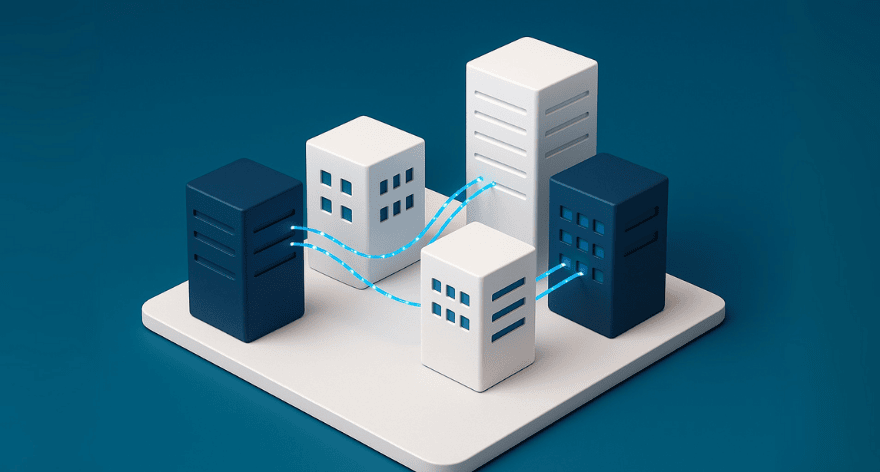You properly check who the owner is at onboarding and move on. Months later, something changes in the ownership structure, but this quietly passes by everyone. Until a name pops up in the news that you'd rather not associate with your organization. UBOs change more often than you think. Without active monitoring, you run the risk of your organization unknowingly doing business with parties you'd rather avoid. The consequences of this can be quite serious: think of sanctions, money laundering risks or reputational damage. UBO monitoring helps you spot those risks in time so you can take action and protect your organization.

What is a UBO and why do you need to know it?
A UBO (Ultimate Beneficial Owner) is the person who ultimately owns or controls a company. This goes beyond the name you see at the Chambers of Commerce. Knowing who the UBO is is not only a legal requirement (Wwft and AML), it also helps you prevent unknowingly partnering with parties involved in fraud, money laundering or terrorist financing.
Why UBO monitoring is not a one-time only check
Ownership within a company can change at any time. For example, changes in shareholders or changes in ownership structures. Without monitoring, such changes often go unnoticed, while they can cause significant risks to your compliance process and reputation.
In 2025, that risk is bigger than ever. Sanction lists are constantly changing, ownership is becoming increasingly international, and regulators are raising the bar. Checking once is simply no longer enough. That's why the Wwft and AML require that you keep UBO data continuously up-to-date. Ongoing monitoring is the only way to stay ahead of risks and protect your organization from reputational damage or sanctions.
What does monitoring provide for you?
Continuous UBO monitoring not only helps you comply with legislation, but also ensures more grip and efficiency in your processes:
- Smarter due dilligence: Set up which relationships you check more frequently based on risk. That way you focus on where it's really needed.
- Save time and costs: Less manual checks, more focus on relevant signals.
- Get a grip By signalling early, you avoid falling behind and limit reputational damage
Interesting read: 5 Tips for finding the UBO
Conclusion
UBO monitoring is a must for organizations looking to manage risk and comply with increasingly stricter laws and regulations. Real-time monitoring prevents surprises and protects your organization from legal and reputational risks.
With Altares Dun & Bradstreet data, you monitor your business network in real time and stay up-to-date. Want to know more about our compliance solutions? Read about it here.
